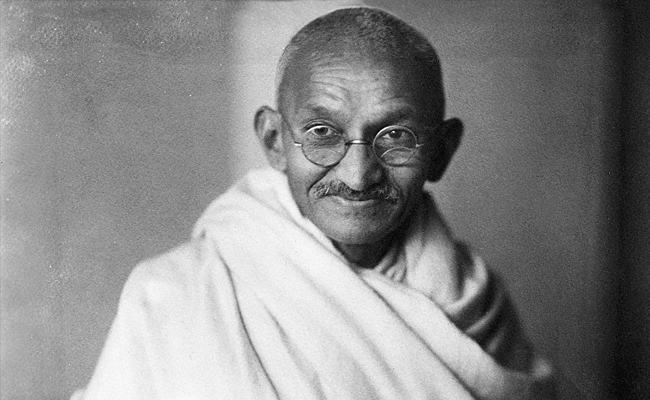In News: How Gandhi’s politics resonates in a world torn by conflicts
2.How does Gandhi’s notion of Swaraj challenge the traditional understanding of political power and authority in contemporary governance?
Gandhi’s concept of Swaraj emphasises self-rule and self-realisation.
It is a concept that goes beyond mere political independence; it signifies a state of mind, a way of life, and a commitment to ethical and moral conduct
It significantly challenges the traditional understanding of political power and authority in contemporary governance by
- Self-governance over hierarchical authority: Swaraj advocates for decentralisation of power and authority. This challenges the top-down, hierarchical structures prevalent in many modern governments.
- Moral authority vs. Coercive power: Gandhi argued that true authority is based on moral force and the consent of the governed, rather than coercive power or physical force.This challenges the traditional notion of power derived from force.
- Participatory democracy: Swaraj promotes a participatory form of democracy where all citizens have a voice and a stake in governance.This challenges the elitist model of democracy.
- Ethical leadership: Gandhi believed that leaders should be guided by ethical principles and serve as role models for their followers,challenging the idea that political power is for personal gain.
- Nonviolent resistance: Gandhi’s emphasis on nonviolent resistance as a means of challenging unjust authority challenges the traditional reliance on violence
- Vision beyond political structures: Gandhi envisioned a society without political institutions, based on mutual respect and non-violence, challenging the foundations of modern governance.
- Integration of social justice: Gandhi’s Swaraj includes social justice, arguing that true freedom requires addressing economic inequalities and social hierarchies.
- Continuous process of empowerment: Swaraj is viewed as an ongoing process of empowerment and self-realisation, encouraging continuous education and the capacity to resist unjust authority, rather than a static arrangement of power dynamics.
Gandhi’s Swaraj offers a radical departure from traditional notions of political power and authority. It presents a vision of a society that is more equitable, participatory, and peaceful.
PYQ
- Discuss Mahatma Gandhi’s concept of seven sins.2016
- There is enough on this earth for every one’s need but for no one’s greed. Mahatma Gandhi.2013

